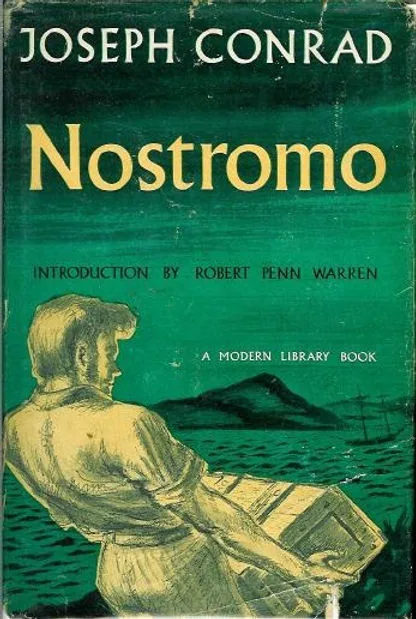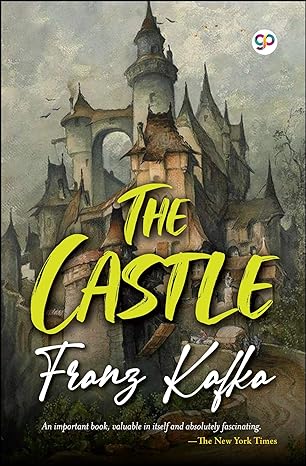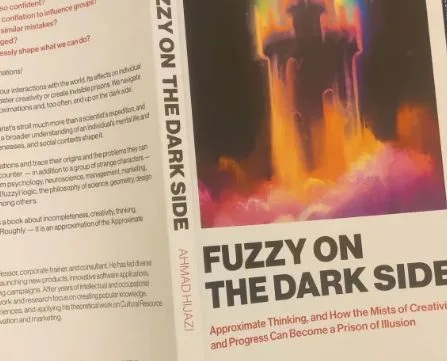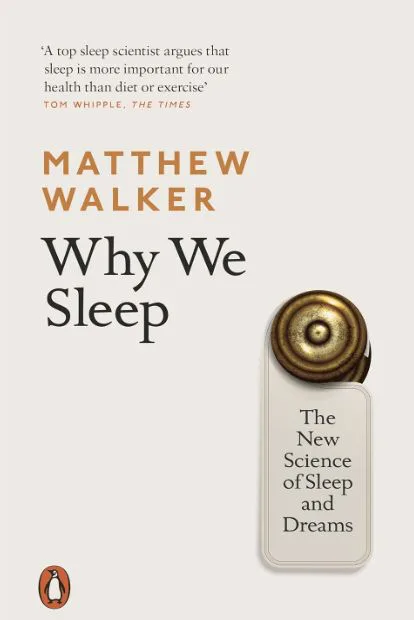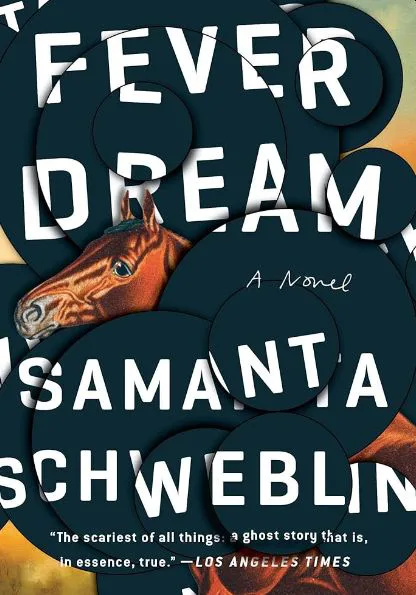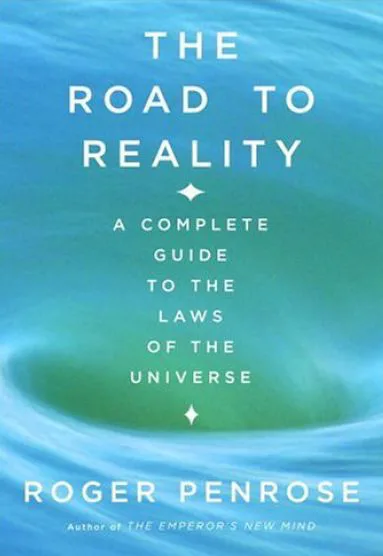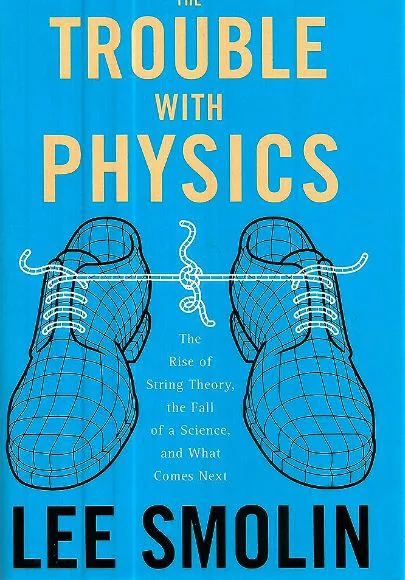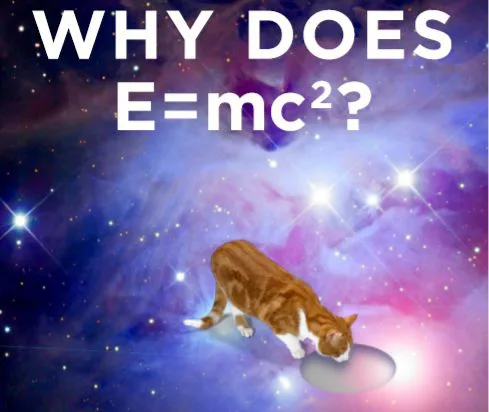Friedrich Nietzsche’s ” Twilight of Idols and Anti-Christ” sharply criticizes the dominant values, institutions, and beliefs of his era. Accordingly, this bold work encourages readers to challenge their own assumptions and fearlessly explore long-accepted traditional ideas. “Twilight of the Idols” was penned in 1888, while “The Anti-Christ”, was composed shortly after in the same year. And Nietzsche’s mental breakdown occurred in early January 1889, just a short time after completing these works.
Read MoreTag: book review
Book Review: The Idiot by Fyodor Dostoevsky
In this fascinating literary journey, Dostoevsky takes a deep dive into the complex world of human nature and psychology. Initially released in serialized form, “The Idiot” made its debut in The Russian Messenger during 1868–69. In my opinion, Dostoevsky’s firsthand experiences with corruption, imprisonment, and solitude permeate in nearly all his main characters. The protagonist in the “The Idiot” comes back to his “old city” but he is taken aback as he steps into the refurbished glittering scene of Russian high society. Things here are definitely not what they seem…
Read MoreBook Review: Nostromo by Joseph Conrad
“Nostromo: A Tale of the Seaboard” is a novel penned by Joseph Conrad in 1904. Many consider it one of Conrad’s finest works of extended fiction. The book explores how money and economics influence what people believe and how they live. The sad part is that both good and bad things are bound to happen because of these big changes.
Read MoreBook Review: The Castle by Franz Kafka
Published in Germany in 1926, Franz Kafka’s “The Castle” (Das Schloss) faced challenges after the author’s death in 1924. Despite Kafka’s wish that his books not be published, his friend Max Brod disregarded this. Initially, “The Castle” struggled with poor sales, and Nazi efforts to ban works by German Jews, including Kafka, limited its availability. Schocken Verlag, a Jewish publisher, was allowed to continue publishing Jewish works under the condition that they were exclusively sold to Jews. Today, Kafka is esteemed as one of the prominent figures in 20th-century literature,…
Read MoreBook Review: Notes from Underground by Fyodor Dostoevsky
Fyodor Dostoevsky released “Notes from the Underground” in 1864. It stands out as a significant piece of existentialist literature. The work delves into the complexities of human nature and societal constraints, offering a reflection on the necessity of individual freedom for a meaningful and authentic existence.
Read MoreBook Review: Childhood’s End by Arthur C. Clarke
“Childhood’s End” by Arthur C. Clarke is rich in imaginative concepts and in exploration of profound philosophical and existential questions. Highly recommended by a friend, I couldn’t resist picking up this book last week. Interestingly, I initially contemplated making “2001: A Space Odyssey” my first venture into Clarke’s literary repertoire. Having completed “Childhood’s End,” I am convinced that my decision to start with this novel was a wise one.
Read MoreBook Review: Fuzzy on the Dark Side by Ahmad Hijazi
Fuzzy on the Dark Side: Approximate Thinking, and How the Mists of Creativity and Progress Can Become a Prison of Illusion by Ahmad Hijazi unravel the fascinating world of thinking on the fly. The author here explores, the idea of “Approximate Thinking”. I received a copy from Collective Ink. And this is my honest book review.
Read MoreBook Review: Slaughterhouse-Five by Kurt Vonnegut
This was my third Vonnegut novel after Timequake and 2BR02B. The book has the similar approach at satirical jab at the tough parts of life that often get overlooked. However, I feel it has a touch of sci-fi also with elements such as time travel and aliens. Slaughterhouse-Five, is also called, The Children’s Crusade: A Duty-Dance with Death was first published in 1969. In the book, Kurt Vonnegut takes a real close look at the whole anti-war scene. He’s picking up on Nietzsche’s anti-morality vibes. For instance, Vonnegut explores the…
Read MoreBook Review: Animal Farm by George Orwell
I eventually decided to read this book that I’d been avoiding for quite some time, and believe me, it turned out to be really enjoyable. The book was first published in 1945 in England. George Orwell, under the real name Eric Blair, faced publisher reluctance to release “Animal Farm” due to its daring satire of the Russian Revolution and the rise of communism. While not explicitly mentioned, political connections are evident as we read the book.
Read MoreBook Review: 2BR02B by Kurt Vonnegut
The book, 2BR02B by Kurt Vonnegut is about a dystopian world, where society is extremely strict about population control. It was originally published in 1962. Kurt Vonnegut was an American author renowned in the world of satirical fiction. His writings are a wild ride through his unique perspectives on wars, politics, and religion. This happens to be my second read, after Timequake, from the vault of Vonnegut. This book too is equally thought-provoking.
Read MoreBook Review: Why We Sleep by Matthew Walker
Just wrapped up the audio version of “Why We Sleep: Unlocking the Power of Sleep and Dreams” yesterday, and let me tell you, it’s pretty intriguing. Matthew Walker, the neuroscientist and sleep guru behind it, dives deep into the significance of sleep and dreaming. The book was first published in 2017.
Read MoreBook Review: Fever Dream by Samanta Schweblin
Just wrapped up with “Fever Dream”, the shortest one (120 pages) I’ve picked up in a while. However, it is real rollercoaster ride. The book is written by Samanta Schweblin. Born in 1978, Schweblin is an Argentine author. Through her psychological thriller novel “Fever Dream” (“Distancia de Rescate” in Spanish), she gained global recognition. Additionally, this book was shortlisted for the Man Booker International Prize in 2017.
Read MoreBook Review: The Road to Reality by Sir Roger Penrose
“The Road to Reality: A Complete Guide to the Laws of the Universe” by Sir Roger Penrose span over 1,100 pages. It was published in 2004. Sir Penrose is renowned for his contributions to the mathematical physics of general relativity and cosmology. In 2020, he was honored with the Nobel Prize in Physics for the discovery that black hole formation is a robust prediction of the general theory of relativity.
Read MoreBook Review: The Trouble with Physics by Lee Smolin
“The Trouble with Physics: The Rise of String Theory, the Fall of a Science, and What Comes Next” by the theoretical physicist Lee Smolin delves into the history of physics, starting from Copernicus. The book also explores the contemporary state of physics research. It was written in 2006, and at that time, string theory had significant influence in the field.
Read MoreBook Review: Why Does E=mc²? by Brian Cox and Jeff Forshaw
“Why Does E=mc²? (And Why Should We Care?)” is a book published in 2009, written by the theoretical physicists Brian Cox and Jeff Forshaw. The authors have successfully managed to condense Einstein’s intricate theories of relativity and touched upon particle physics into a concise 250-page volume.
Read More


